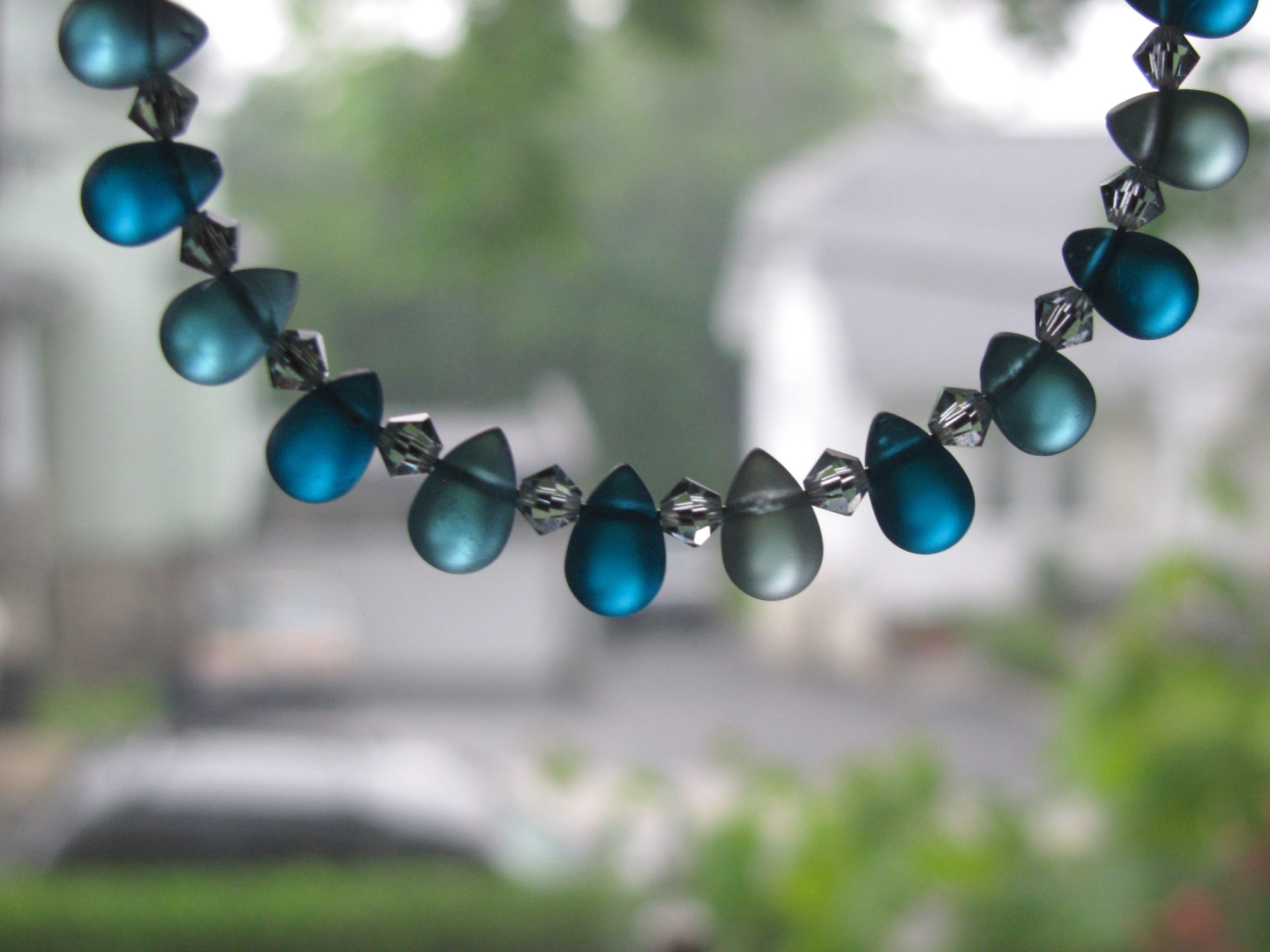I go to the corner liquor store
for a bottle of water, middle
of a hectic day, must get out
of the office, stop making decisions,
quit obsessing does my blue skirt clash
with my hot pink flats; should I get
my mother a caregiver or just put her
in a home, and I pull open the glass
refrigerator door, am confronted
by brands—Arrowhead, Glitter Geyser,
Deer Park, spring, summer, winter water,
and clearly the bosses of bottled water:
Real Water and Smart Water—how different
will they taste? If I drink Smart Water
will I raise my IQ but be less authentic?
If I choose Real Water will I no longer
deny the truth, but will I attract confused,
needy people who’ll take advantage
of my realness by dumping their problems
on me, and will I be too stupid to help them
sort through their murky dilemmas?
I take no chances, buy them both,
sparkling smart, purified real, drain both bottles,
look around to see is anyone watching?
I’m now brilliantly hydrated.
—Kim Dower, from Slice of Moon, featured in The Joy of Poetry,
T. S. Poetry Press, by permission of Red Hen Press
